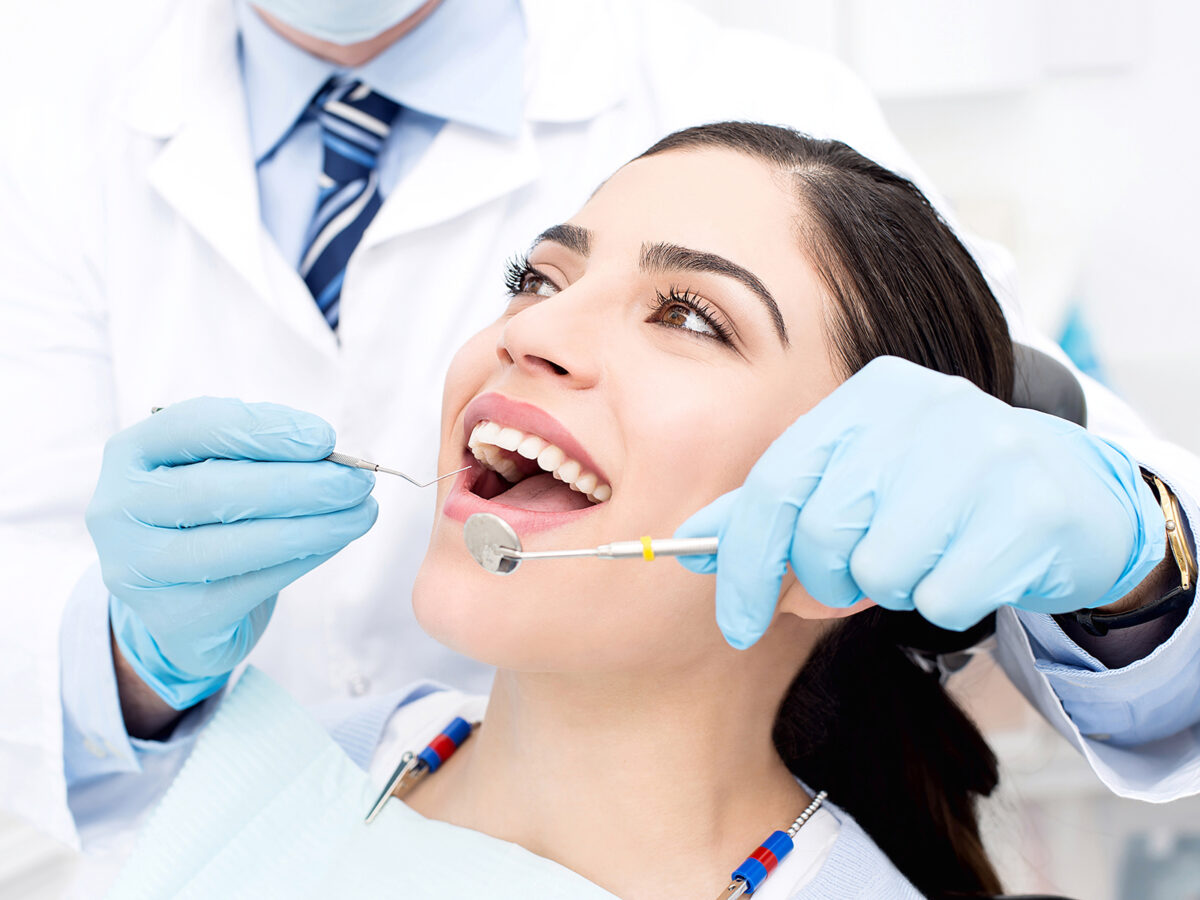Blog
Dental hygiene tips for healthy teeth & gums

How Preventative Dentistry Saves Time And Money?
Maintaining good oral health is essential. In the long run, good oral care practices will save you both time and money. Long-term and short-term protection of your teeth is the focus of preventative dentistry.
A preventive dental care plan protects your teeth against cavities and decay, among other issues. It is possible to develop an abscess from cavities. Gum disease and gingivitis are other potentially serious issues.
There are also links between poor dental health and ailments such as diabetes, heart disease, and cancer. Therefore, practicing preventive dentistry becomes vital.
It is possible to prevent most problems from developing with preventive care routines. The earlier a health condition is treated, the easier it is to cure. Problems with the teeth are no different.
An overview of the preventative dentistry
Taking care of your teeth, gums, and mouth through preventative dentistry is a crucial part of dental health. Prevention of future dental problems is the aim of preventive dentistry.
It is possible to prevent tooth loss by preserving good oral health and adopting a balanced lifestyle. Gum disease and tooth erosion are two of the most common causes of tooth loss.
Your dentist can help prevent tooth decay and other serious oral health problems if you visit regularly, not just when these problems or dental issues become serious.
This will not only help you save time and money but it is also crucial for maintaining your overall health. Preventative dentistry comes down to one thing which is regular oral check-ups and forming good dental care habits.
Preventative dental care reduces the risk of various oral care issues including:
- Cavities in the teeth
- An infection of the gums
- Gingivitis
- Sensitivity of teeth
- Missing teeth
- Heart disease and diabetes
- Mouth cancer
How can you save your time and money from preventive dentistry?
As mentioned above preventative dental measures are all about taking regular oral check-ups. You always get a lot of useful items when you visit the dentist, such as a new toothbrush, floss, and more.
But these are not only for saving you money and time. These things are given to you as a reminder to take the time to take care of your oral health. Dental hygienists and dentists are trained to remind you how often and how long to brush as well as how to maximize your brushing time.
So, you must pay attention to that whenever you visit your dental clinic. Dental issues can be detected early by your dentist if you visit him/her at regular intervals. Not only will it reduce pain, but it will also save money.
What to expect at preventive dental visits?
The dentist will check your teeth and gums during your routine checkup or discuss preventative oral care practices with you.
Routine dental care is aimed at keeping your mouth healthy by preventing various dental care issues. Here is what you can expect to happen during your regular visits to your dentist:
- Clean-ups: Plaque and tartar will be removed from your teeth by your dentist. In dentistry, this procedure is called a “scale and polish.”
- Products for oral hygiene: Your dentist will tell you which toothpaste, brushes, and mouthwashes will give you the best results.
- A guide to brushing: Your dentist will show you the most effective ways of brushing and flossing your teeth.
- An overview of your diet: It is also important to discuss your lifestyle and how it affects your overall oral health with your dental professional. It is likely that they will ask you about your diet and if you smoke or drink alcohol.
- An overall dental check-up: The dentist will inspect your existing fillings (if any) to ensure that no further treatment is necessary.
Lastly, you must make it a point to follow your oral care routine regularly to keep your teeth healthy. Children can also benefit from preventive dental care.
As a matter of fact, it’s essential that your child learns the importance of a healthy mouth at an early age and visits the dentist often.


